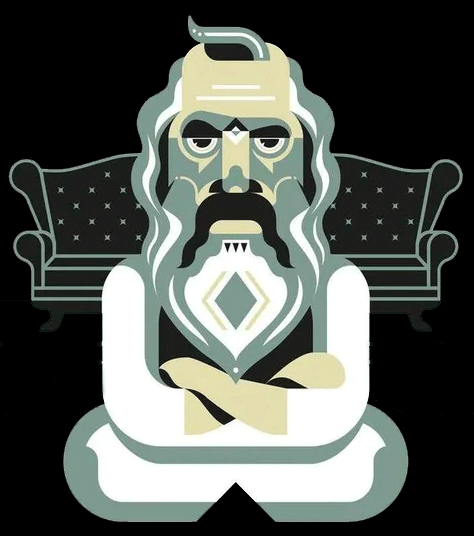// $HE // 09.08.15
If philosophers wanted to be taken seriously, they shouldn't have been born into a deeply anti-intellectual society!
If philosophers wanted to be taken seriously, they shouldn't have been born into a deeply anti-intellectual society!
